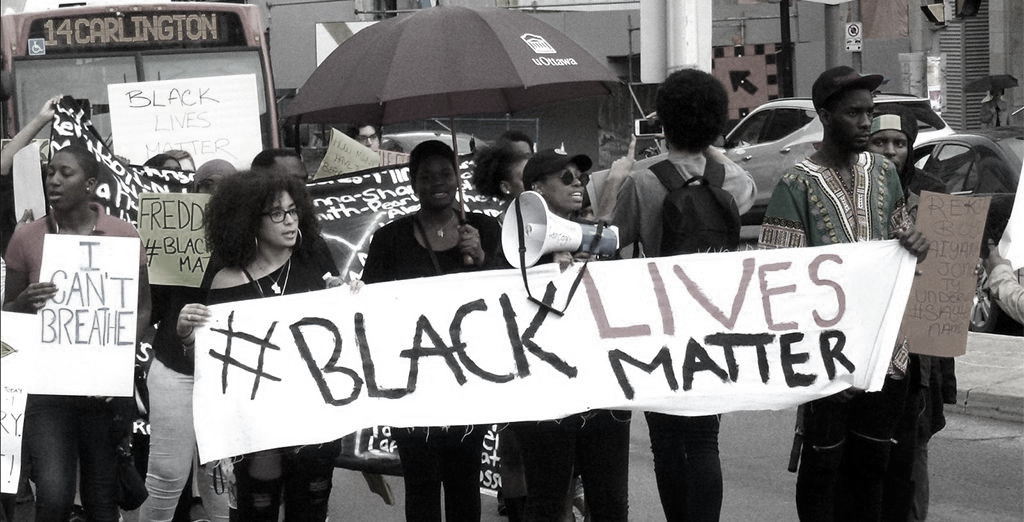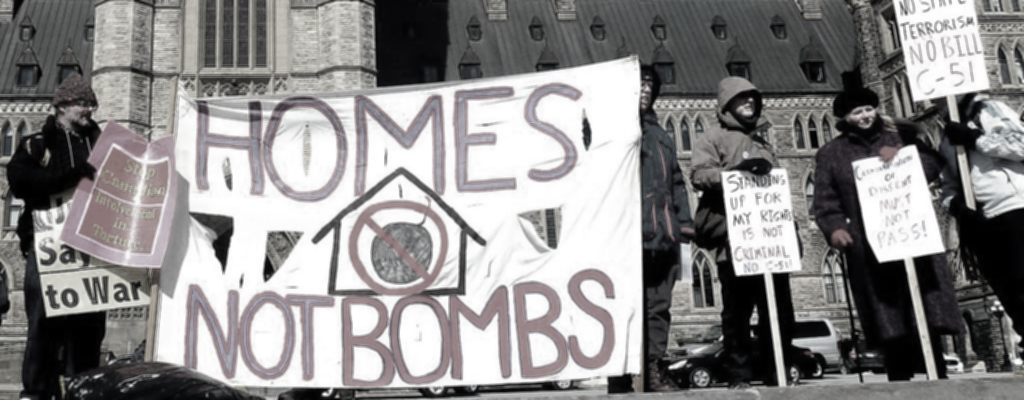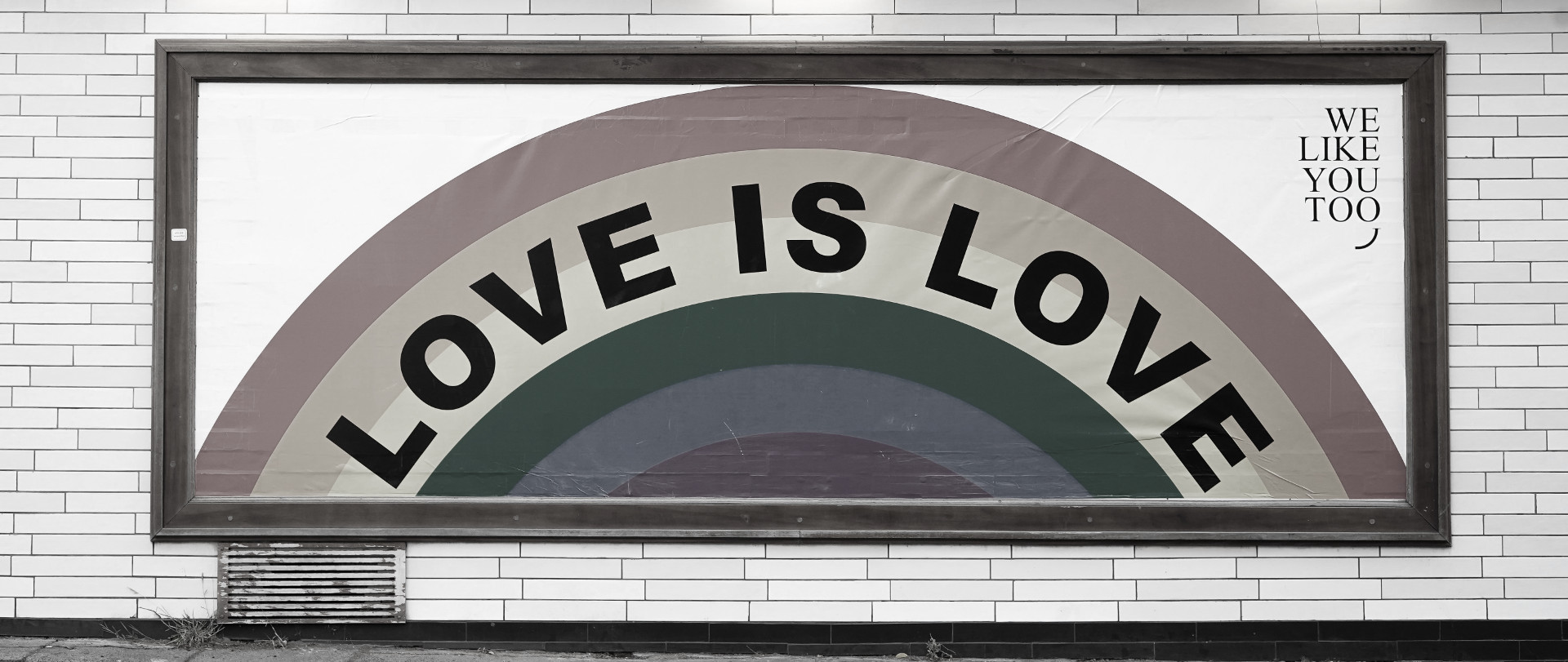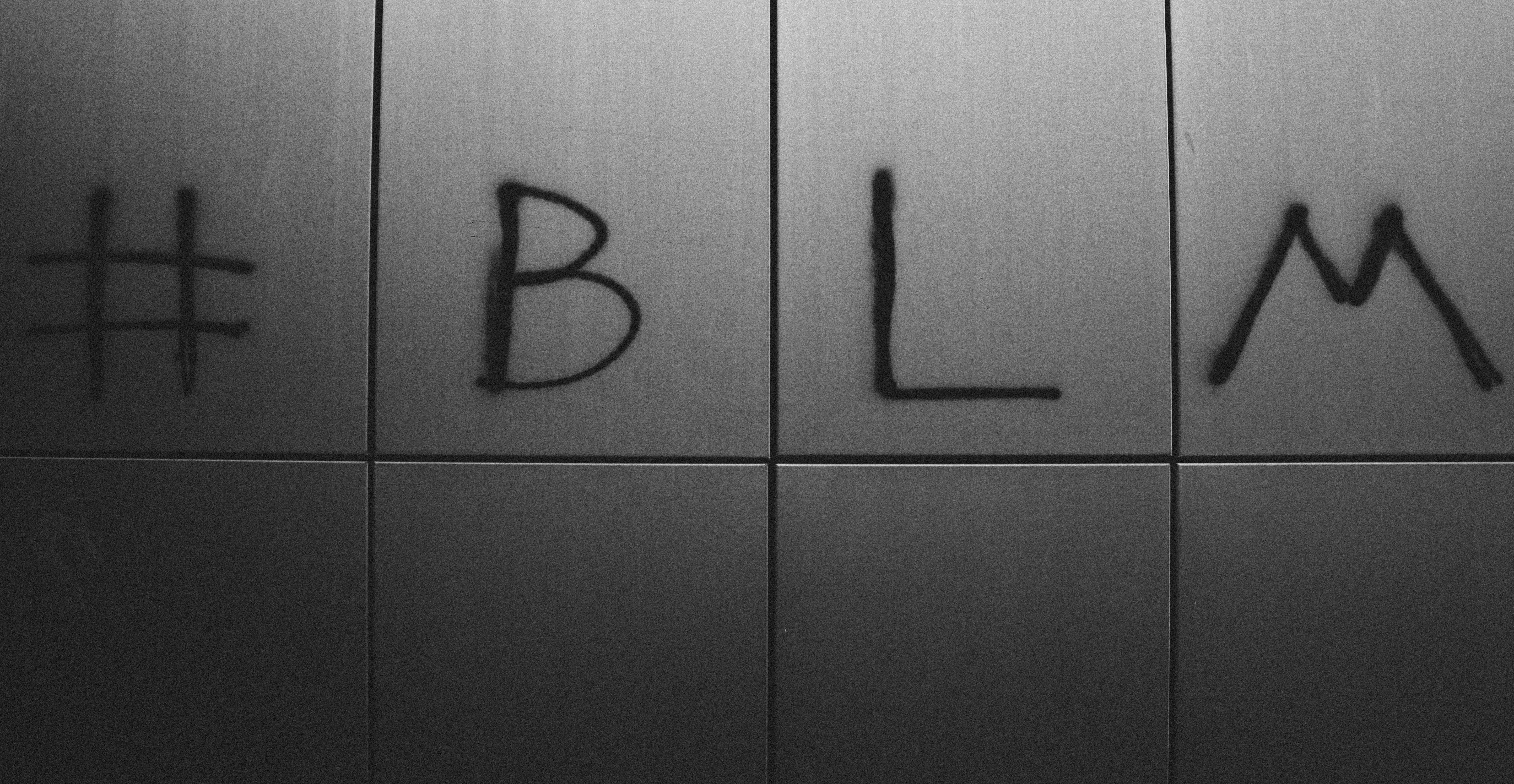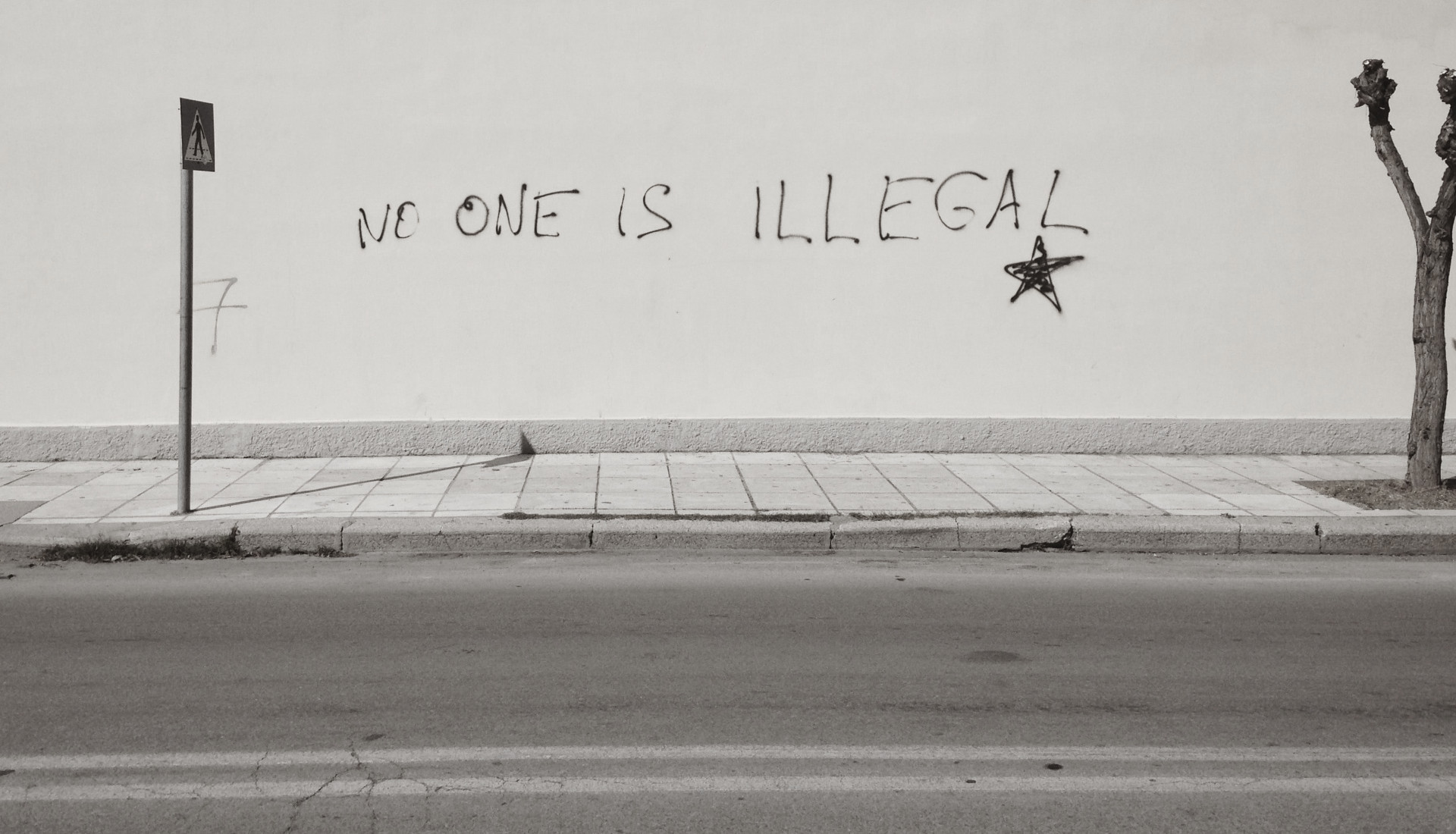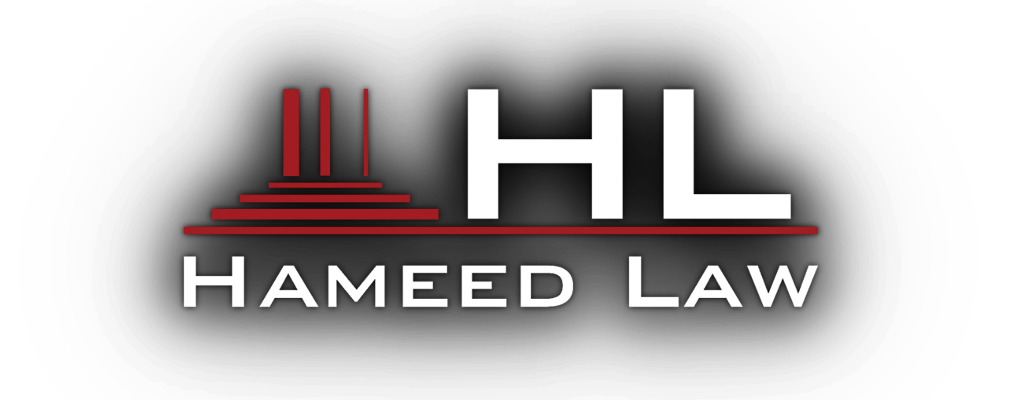
Constitutional Rights and Wrongs: Why We Must Stop Hassan Diab’s Extradition (Video)
Watch Tyler Lett’s film to learn more about Dr. Diab’s case and what you can do to help prevent his extradition to France.
On November 13, 2008, Carleton University professor, Dr. Hassan Diab, was arrested pursuant to a request from France for an investigative hearing to determine whether or not he should stand trial for a terrorist bombing in Paris that occurred in 1980. Twenty-eight years after the fact, without any charges in the Canadian system, without eyewitnesses and without any material evidence, he was jailed in Ottawa for 140 days in the notorious Ottawa Carleton Detention Centre before he was even extradited to France. That was just the beginning of an ordeal that has continued for Hassan Diab until today.
Evidence tendered by Diab at his extradition hearing establishes that he was not even in France at the time of the 1980 bombing. There is no material evidence to contradict this. Moreover, the flagrancy of the injustice in the case against Diab has led Amnesty International to strongly criticize France’s attempt to criminalize Hassan Diab as undermining justice for those victims of the 1980 synagogue attack. In essence, Dr. Diab has been made a scapegoat because of the political need to hold someone to account for a heinous unsolved crime.
In Canada’s justice system one can only be prosecuted if there is a reasonable prospect of conviction. In Dr. Diab’s case, an Ontario Judge found that the case against him was “weak”. In France, two investigative judges found that his case did not meet the evidentiary threshold to be sent to trial. As a result, in 2018, Hassan Diab was liberated from prison and allowed to return to Canada.
However, French prosecutors appealed the dismissal of Diab’s case, and in January 2021 an appeal court ordered him to be tried. France’s legal system features a concept of “intime conviction”, where a judge may convict someone based on personal belief as opposed to proof beyond a reasonable doubt. Intime conviction is a concept that contradicts norms of fundamental justice in Canada.
At his trial this year (2023), which was held in the absence of Dr. Diab’s presence, in absentia, journalists who were not present at the scene of the crime were summoned to give their opinions Hassan Diab’s guilt. Unsourced secret intelligence was tendered by the prosecution, and no new evidence was introduced. No official transcript exists from Dr. Diab’s trial, and a guilty verdict against Diab was entered hastily on April 21, 2023.
Despite the evidence of two investigative French judges who found no evidence on which to base a trial, a French trial court (Assize Court) entered a conviction against Dr. Diab – based merely on its subjective belief of his guilt and not based upon proof beyond a reasonable doubt. A criminal conviction based on the mere subjective view of a judge without regard to lack of evidence, effectively amounts to a conviction cemented on suspicion. Such an intellectually frail deliberative process is repugnant to Canada’s own established principles of criminal justice and constitutional protections for the accused. In other words, Hassan Diab’s French conviction is inimical to the values of the system of administration of justice in Canada.
In 2018 when Hassan Diab returned to Canada from France, Prime Minister Justin Trudeau said, “what happened to [Dr. Diab] never should have happened… and [Canada should] make sure it never happens again”. Five years later, Dr. Diab’s unjust extradition to France is at serious risk of happening again.
Canada now has a choice to prevent an extradition that would render a serious miscarriage of justice.
Watch Tyler Lett’s film “Constitutional Rights and Wrongs: Why We Must Stop the Unjust Extradition of Hassan Diab” to learn more about Dr. Diab’s case and what you can do to help prevent his extradition to France.
